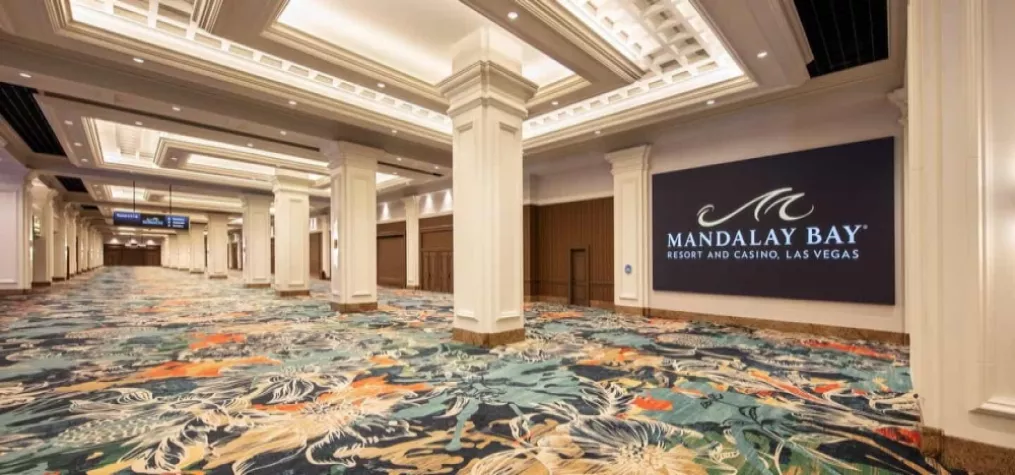A few weeks ago, I picked up on a post about new event technologies that have been proposed for the National Stadium in Tokyo (HQ for the 2020 Summer Olympics). What caught my eye was that one of the proposals called for the installation of toilets in the venue that will record a user’s blood pressure and body temp as they do their business.
However unlikely it is that this particular innovation will actually become a reality in Tokyo or anywhere else, it’s certainly not the only over the top tech I’ve seen in the events industry – and it got me thinking: Is there ever a point with event technology when enough is enough?
Yes …
The salesman in me wants to scream, “NO!” But recognizing my own bias, I decided to pose the question to a couple experts to get a more objective view. Both of them agreed that there is a point when technology at events becomes too much and that point is when it gets in the way of the experience or becomes a distraction.
“People come to events to experience something specific –let’s say a concert or a sporting event,” said event designer and technology consultant, Joe English. “When we start distracting them away from the music or the game, then we’ve crossed over the line.”
As the Chief Creative Officer at Event Futurist consulting, Joe cites the frenzy over AR technology at events over the past few years as an example.
“People really wanted to find a way to use augmented reality at events, but they were simply getting in the way of the experience rather than adding to it. I recall people holding up their cell phones trying to use an augmented reality app to navigate through the halls of a trade show once. They were fumbling around, trying to figure out how to hold their phones to see the booth numbers float in the air on their screens (through the camera and an app) when a simple map would have been much more effective and much less frustrating.”
… But
While she agrees that the end-goal should always be to improve the live experience, writer, blogger and technology journalist, Michelle Bruno, has a slightly more liberal take on experimental or outlandish event tech. In her view, unless it’s likely to cause physical harm or is too invasive from a personal information/security standpoint, event professionals should go for it.
“If an organizer can afford it and they think that customers will respond to it and use it (or at the very least talk about it), there is value for them.”
According to Michelle any of the following possible pay-offs could make taking a chance on over-the-top tech worth it for event professionals:
· Creating publicity
· Surprising customers
· Giving VIP customers an upgraded experience
· Developing a reputation for innovation
· Driving attendance
For Joe, there are just three reasons to consider adding technology that is likely to only marginally enhance the experience: Pilots or tests, proofs of concept and differentiation.
“In all of these cases, it is important that we still never distract from the experience and that, when appropriate, we tell people that we are testing or piloting something to learn from it.”
Of course, the first thing to do is get the fundamentals right – A really hot gamification application might not be so impressive if the session schedule is a mess! But otherwise, I agree with both Joe and Michelle. And I think we can ALL agree that “smart” toilets are probably not the next big thing.



Add new comment